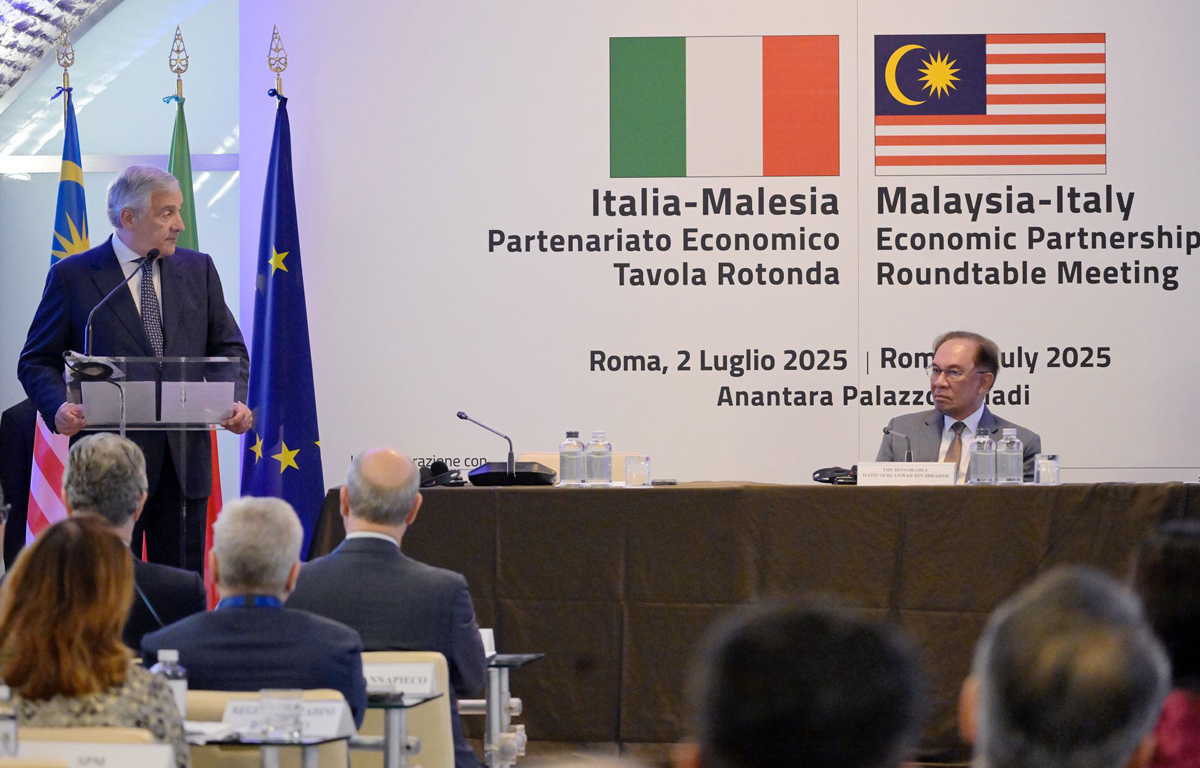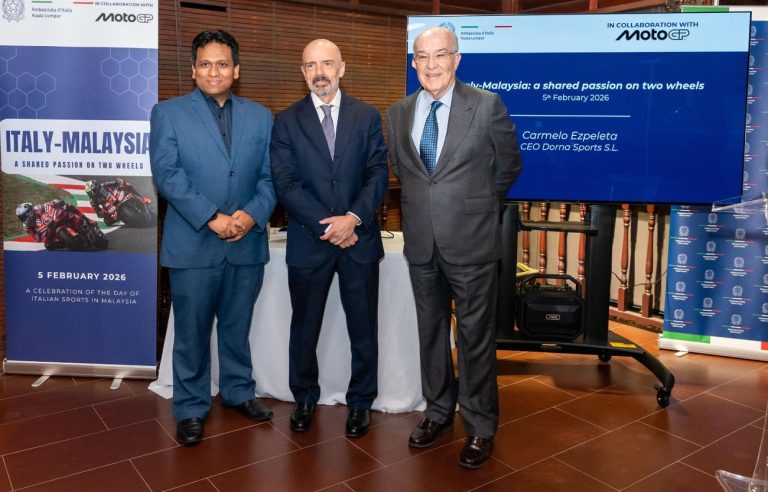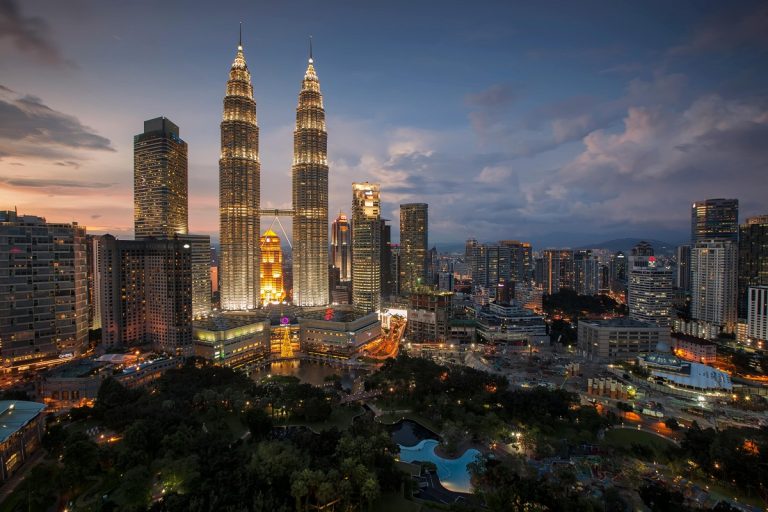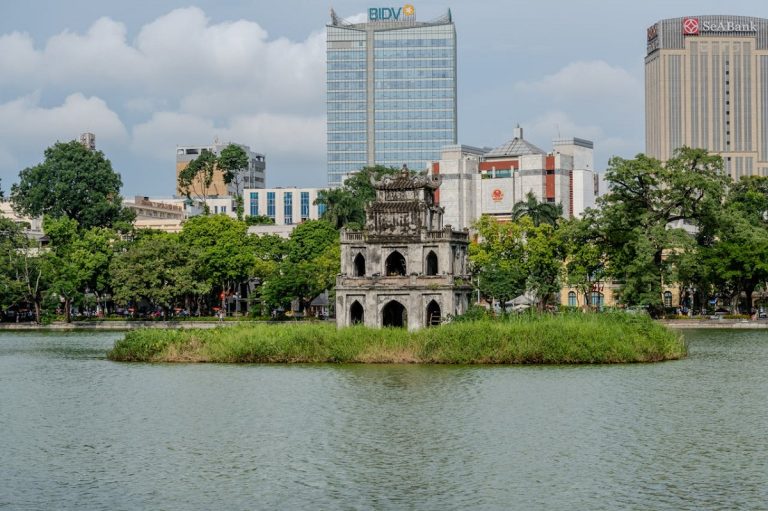Italy is ready to consolidate its partnership with Malaysia by promoting mutual investment, technology transfer, industrial sustainability, and a shared presence in global markets. This was the key message delivered during the first Italy–Malaysia Business Forum, held in early July in Rome.
The event, organised on the occasion of the historic visit to Italy by Malaysian Prime Minister Anwar Ibrahim and a ministerial delegation — the first in 37 years — marked a pivotal moment in the economic relations between the two countries, against the backdrop of a significant recovery in bilateral trade. The visit, held under Malaysia’s 2025 Association of Southeast Asian Nations (ASEAN) Chairmanship, included a series of institutional and business meetings aimed at strengthening political, economic and strategic cooperation.
In 2024, trade between Italy and Malaysia reached EUR 3.1 billion, an increase of 9.3% compared to the previous year. Italian exports rose by 23.4%, bringing the trade balance back into surplus after four years, largely thanks to sectors such as green transition technologies, advanced industrial machinery, energy production, and the defence industry. Reflecting Italy’s strong interest in deepening collaboration with Malaysia, over 50 major Italian companies, business associations and financial institutions, along with more than 30 Malaysian firms, took part in the Rome meeting.
Described by Deputy Prime Minister and Minister of Foreign Affairs Antonio Tajani as a forum for “collaboration and opportunity”, the event aligned with the goals of Italy’s new Export Plan for non-EU markets. Within this framework, Malaysia is viewed as a key gateway to the broader Southeast Asian market — already accounting for 18.4% of total Italian exports to the region in the first quarter of 2025.
As ASEAN’s third-largest economy and second in per capita income, Malaysia is a politically stable and technologically advanced country, well positioned to serve as a strategic hub for Italian exports in one of the world’s most dynamic regions, also thanks to its excellent infrastructure.
The Rome Forum underscored the complementarity between the two economies and confirmed wide convergence on shared priorities such as the green and digital transitions, defence, microelectronics, supply chains, and advanced manufacturing. These are also sectors identified by Kuala Lumpur as priorities in its national development plans, creating numerous opportunities for Italian enterprises.
Italian foreign direct investment (FDI) in Malaysia, which exceeded EUR 2.3 billion in 2023, is expected to grow further in the coming years through new initiatives, including those in energy — such as the recent Petronas–Eni joint venture — carbon capture, utilisation and storage (CCUS), hydrogen, advanced fuels, and aerospace.
The meeting also highlighted the active role of the Italian economic system — ITA, SACE, SIMEST and CDP — in supporting business internationalisation. The Italian Government expressed its readiness to support new industrial ventures in Malaysia with tailored financial instruments backed by SACE. ITA’s dynamic engagement was also evident: in 2025 alone, it organised 25 inward missions of Malaysian operators to Italy and facilitated the participation of Italian companies in two major Malaysian trade fairs in the defence and energy sectors.
Further evidence of the growing collaboration between the two countries is the opening in June of Italy’s new Embassy building in Kuala Lumpur — the most modern Italian diplomatic facility in Southeast Asia. On the sidelines of the roundtable, discussions also took place regarding the potential resumption of EU–Malaysia Free Trade Agreement negotiations, considered crucial for strengthening Euro-Asian economic integration.









